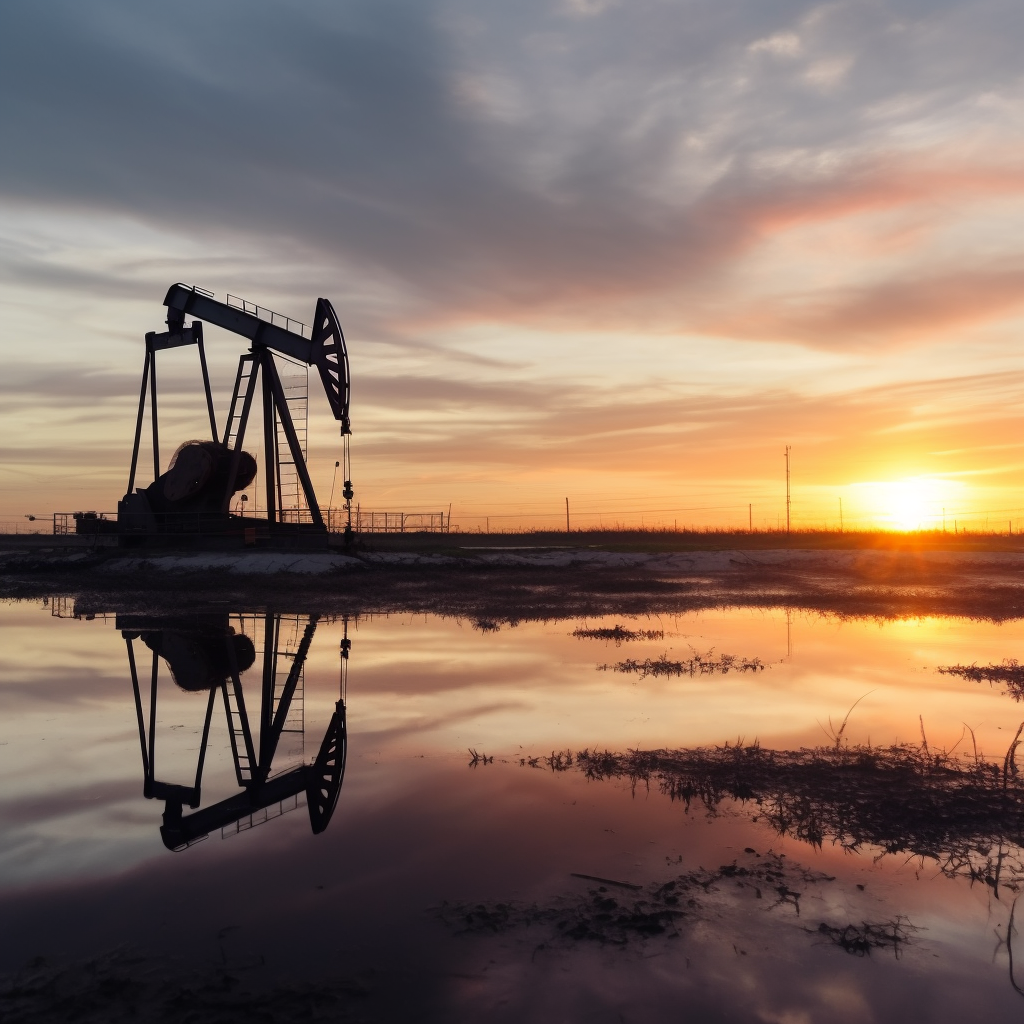June 21, 2024
Downstream Emissions Must be Considered in Fossil Fuel Project Approvals
Book a Demo
The Supreme Court has recently made a landmark ruling stating that Surrey County Council should have considered downstream emissions in their decision on the proposal for new oil wells. This precedent is significant as it now requires companies to consider emissions from their products when planning new drilling projects, potentially affecting the future of the fossil fuel industry.
The ruling arose from a case related to the Horse Hill oil well in Surrey, where the decision to expand operations was challenged due to potential environmental impact. The argument was made that the Environmental Impact Assessment should have accounted for the greenhouse gas emissions from both the construction of the wells and the burning of the extracted oil.
Set to produce an estimated 3.3 million tons of crude oil over the next 20 years, the Horse Hill site has been projected to lead to over 10 million tons of CO2 emissions. This substantial emission output has been a significant factor in the Supreme Court’s decision, highlighting the serious climate impact of such projects.
The London Supreme Court’s ruling mandates that the climate impact of burning fossil fuels must be considered when approving projects. This doesn’t necessarily prevent the approval of projects with high climate impact, but it does strengthen the case for refusal. The ruling could potentially be applied to other carbon-intense raw materials, such as steel, widening its impact beyond the oil industry.
The decision has been hailed as a significant victory for climate activism. It has already begun to influence several other domestic lawsuits challenging fossil fuel extraction, including a lawsuit against a new coalmine in Cumbria. This indicates that the ruling is likely to have far-reaching implications for how environmental considerations are incorporated in future industrial planning and legal decisions.
This ruling by the Supreme Court is a vital step towards recognizing and acting upon the environmental impact of industrial activities. It bolsters the argument for sustainable practices and shows a growing recognition of the need to consider downstream emissions in planning and decision-making processes.
Science4Data is committed to cut through greenwashing and measure real impact. Join the journey to a sustainable future. Your actions matter.



